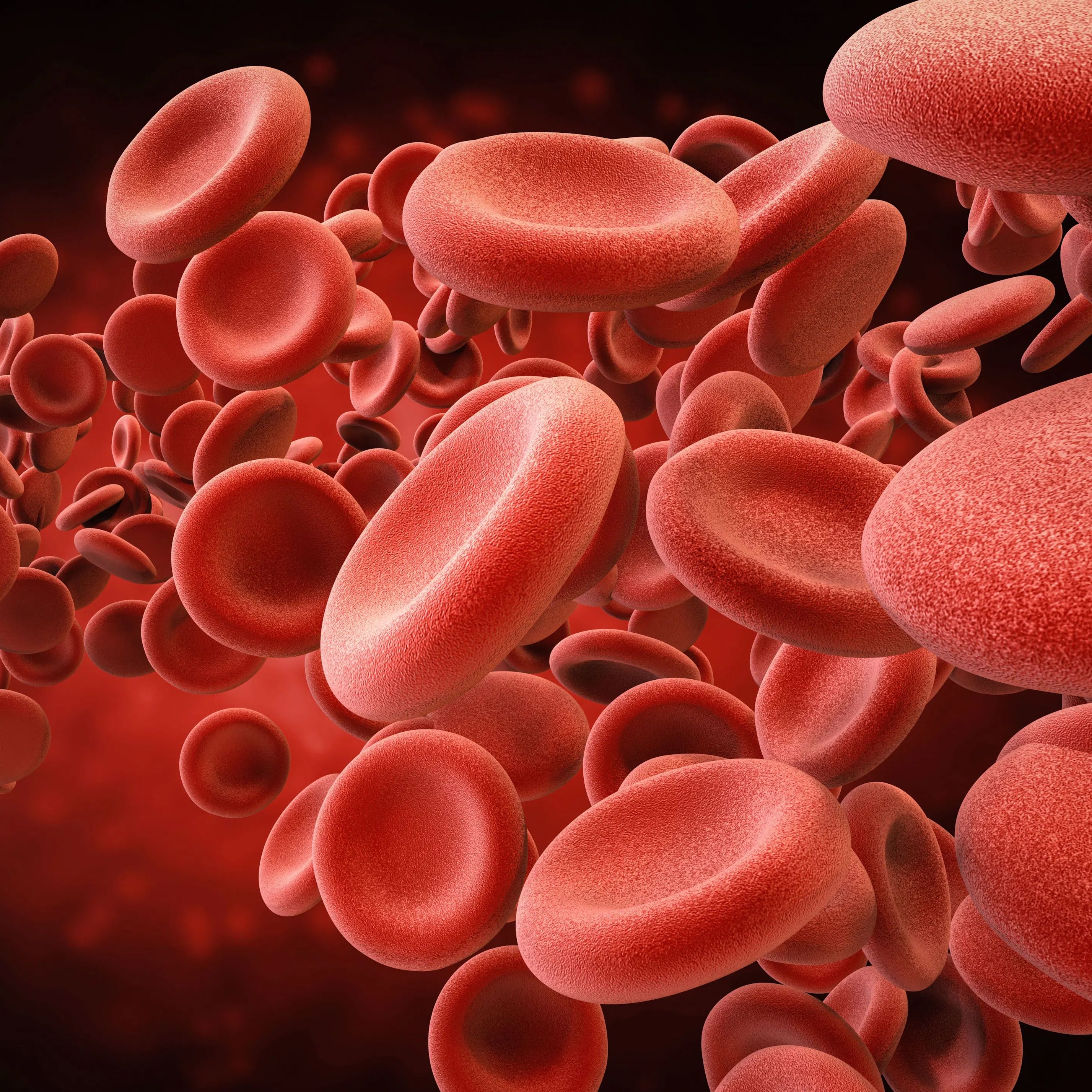Article
Prognostic Value of Hyponatremia in Patients with Myocardial Infarction
Both corrected and persistent hyponatremia are predictors of all-cause mortality in patients presenting with myocardial infarction.

According to the authors of “Outcomes of Correcting Hyponatremia in Patients with Myocardial Infarction,” published in Clinical Research in Cardiology, hyponatremia “has significant prognostic implications in patients with heart failure,” but not much is known about the prognostic significance of hyponatremia in patients with myocardial infarction.
To evaluate the prognostic value of hyponatremia in patients with myocardial infarction (MI), and to assess the impact of managing hyponatremia on outcomes in patients with MI, the authors reviewed the records of 11,562 patients whose serum sodium levels were measured within 24 hours of admission and who were discharged from their institution with a diagnosis of myocardial infarction.
The authors reported there were 1,535 (13.3%) deaths during follow up (mean duration of 5.5 ± 3.3 years, including 425 (27.9%) patients with corrected hyponatremia and 155 (55.3%) patients with persistent hyponatremia.
Multivariate analysis of the data revealed that “corrected hyponatremia and persistent hyponatremia were independent predictors of all cause mortality (p < 0.0001).” Corrected hyponatremia was not a predictor of long-term mortality. The authors also reported that treatment with vaptans “was associated with decrease in mortality in patients with hyponatremia.”
Based on these results, the authors wrote that “corrected and persistent hyponatremia in patients presenting with myocardial infarction is a predictor of all-cause mortality, major adverse cardiac events and heart failure-related 30-day rehospitalization. In certain cases, correction of hyponatremia may actually improve survival of the patients.”





